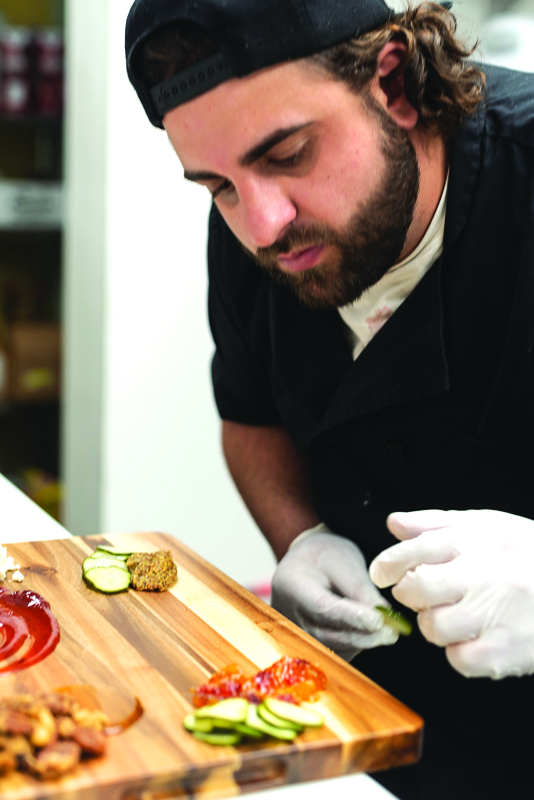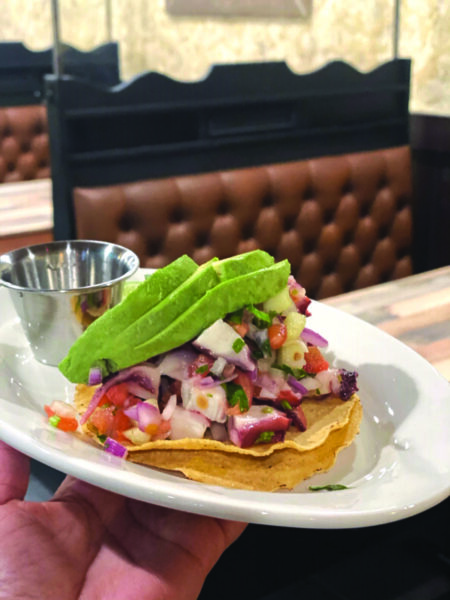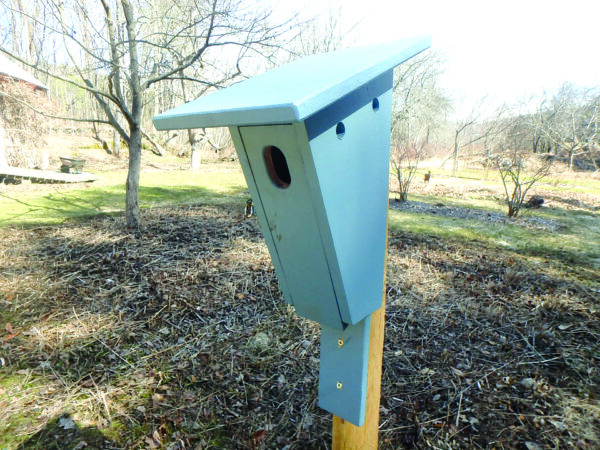This column is an intervention for my editor and her aversion to a certain liqueur.
We Americans don’t deal well with bitterness.
The taste of bitter things, that is. We are fine with it as a character trait, but bitter tastes have a steep acceptance curve for us. Other cultures are much more accommodating to it. The Chinese concept of candy is more likely to be bitter than sweet. The British brew beers and ales that would make an American face collapse in on itself. But offer one of us an oil-cured black olive (the best kind of olive, by the way), and most of us will shrink back in horror.
“But, but that tastes like … leather!”
Yes. Yes, it does.
And this aversion makes a certain amount of sense, evolutionarily speaking. Long ago, we developed the ability to taste bitter things to help us avoid toxins in the wild. If a new berry or caterpillar tasted astringent or bitter, our ancestors knew to spit it out. But that logic breaks down in our modern world. There are huge numbers of us — granted, not so much in New Hampshire — who challenge ourselves to eat the spiciest foods we can stand. Sweating and gasping until we feel light-headed from a literal pain response? Fine. Bitterness? “What? Are you CRAZY?”
Intellectually, we accept that delicious, well-nuanced foods need a mixture of basic flavors. Bake a batch of cookies without salt, and they will just taste wrong. We love sweet-and-sour pork and chocolate-covered pretzels. Bitterness has a place at the table.
Which brings us to Campari.
Campari is a bright red, extremely bitter liqueur from Italy. You have seen it at the liquor store, or behind the bar at most upscale joints, but probably don’t have any around your house. It is the dominant ingredient in a Negroni.
To be fair, it is not universally loved. Some cynical critics have referred to it as “The Raisins of Booze.” [Editor’s note: As in “Why are there raisins in this cookie? This did not need raisins,” but with an otherwise perfectly good cocktail and Campari.] And yet, the fact remains that it is one of the best complementary counterbalances to sweet juices or syrups in mixed drinks. It is a team player; nobody is going to drink a glass of the stuff.
Actually, hold that thought.
Sound of footsteps going into the kitchen, various bartendy sounds, a brief moment of silence, then a gasp of shock and the sound of a tiny glass hitting the floor. More footsteps returning.
Yeah. I can’t recommend that.
BUT, I stand by my assertion that Campari deserves the space on your shelf where you are keeping that bottle of Crystal Head vodka that you bought on a whim that time and can’t bring yourself to open. (Open it and drink it, already. It’s vodka. It tastes like vodka.)
A case in point is a classic drink — the Chestnut Club (sometimes known as the Chestnut Cup), a modern classic developed in a California restaurant of the same name. It balances sweetness in the form of orgeat (an almond-infused syrup pronounced “or-szott”, as in, “It is unclear at this time whether the victim was stabbed or shot”), astringency from gin, sourness from lemon juice, and, of course, bitterness from Campari.
Chestnut Club
2 ounces gin (lately I like Death’s Door, out of Wisconsin.)
2 ounces Campari (Yes. Do it. God hates a coward.)
2 ounces fresh squeezed lemon juice
1 ounce orgeat
1. Combine all ingredients with 4 or 5 ice cubes in a shaker.
2. Shake until it is very cold — at least until condensation forms on the outside of the shaker.
3. Pour, without straining, into a rocks glass.
4. Drink sincerely, without irony, and, if possible, while sitting in a leather chair in an oak-paneled library with a taxidermied tiger head on the wall.
This drink is delicious. The flavor comes in waves. You really can taste each individual ingredient. It implies fruitiness, without actually embracing a Tiki mandate. It feels as if it should be too sweet and frivolous to take seriously, but it’s not.
Do you know why?
Campari, people.
Featured photo: Chestnut Club. Photo by John Fladd.












